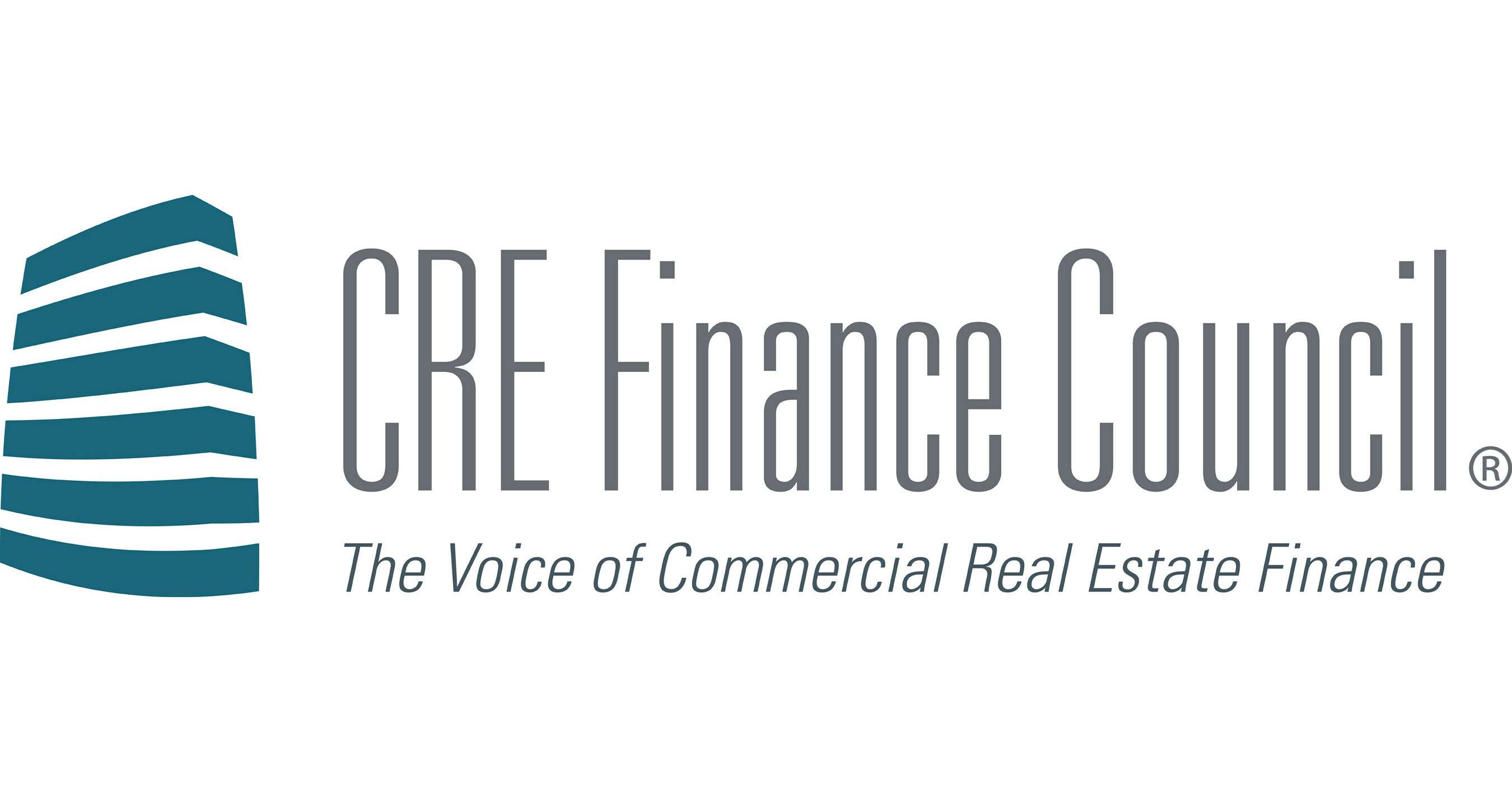W
hen it comes to caring for aging family members, many people face a daunting decision: how to provide the necessary support without breaking the bank or sacrificing their own living space. Hiring an at-home nurse, finding a quality nursing home, or having parents move in can be costly and logistically challenging options. However, there's another solution worth considering: granny pods.
Granny pods are essentially small, freestanding homes on the same property as the main residence, designed to accommodate elderly occupants' needs. They typically include a kitchen, bathroom, bedroom, laundry facilities, and other essentials, making them an attractive alternative to traditional care options. According to Hank Hernandez of Alameda Tiny Homes, "Granny pods are specifically designed to meet the unique needs of older adults, with features like lifts for mobility assistance or video camera systems for monitoring."
The popularity of granny pods can be attributed to their affordability and flexibility. The average cost of a private room in a nursing home is around $127,750, while assisted living community costs reach up to $70,800. In contrast, a small ADU (accessory dwelling unit) like a granny pod can be built for upwards of $100,000, depending on location and design.
Granny pods are not only beneficial for families caring for elderly relatives but also for those seeking intergenerational living arrangements. As Hernandez notes, "Intergenerational living is a unique opportunity to bring family members closer together." Granny pods allow grandparents to live with their kids, even if the current home isn't large enough, enabling them to care for grandkids and enjoy quality time together.
The cost of a granny pod varies widely, from around $10,000 for a prefabricated kit (not including installation fees) to upwards of $100,000 for a customized unit with design, permits, and installation. While the initial investment may seem steep, it's essential to consider the recurring costs associated with assisted living.
Before building a granny pod, homeowners must research local zoning laws to ensure compliance. Zoning regulations dictate whether ADUs are allowed on properties, as well as total space coverage limits. Homeowners' associations, proximity to parks or watershed areas, and septic system requirements may also impact the feasibility of a granny pod project.















